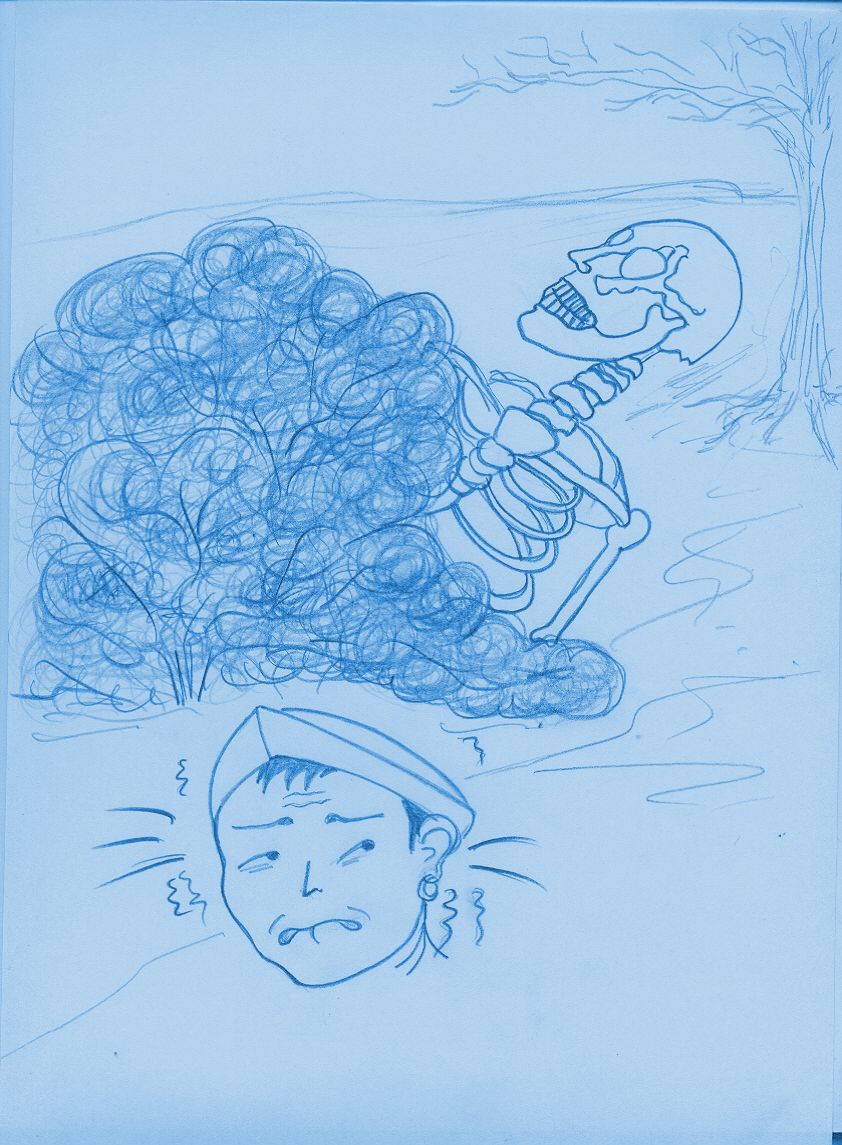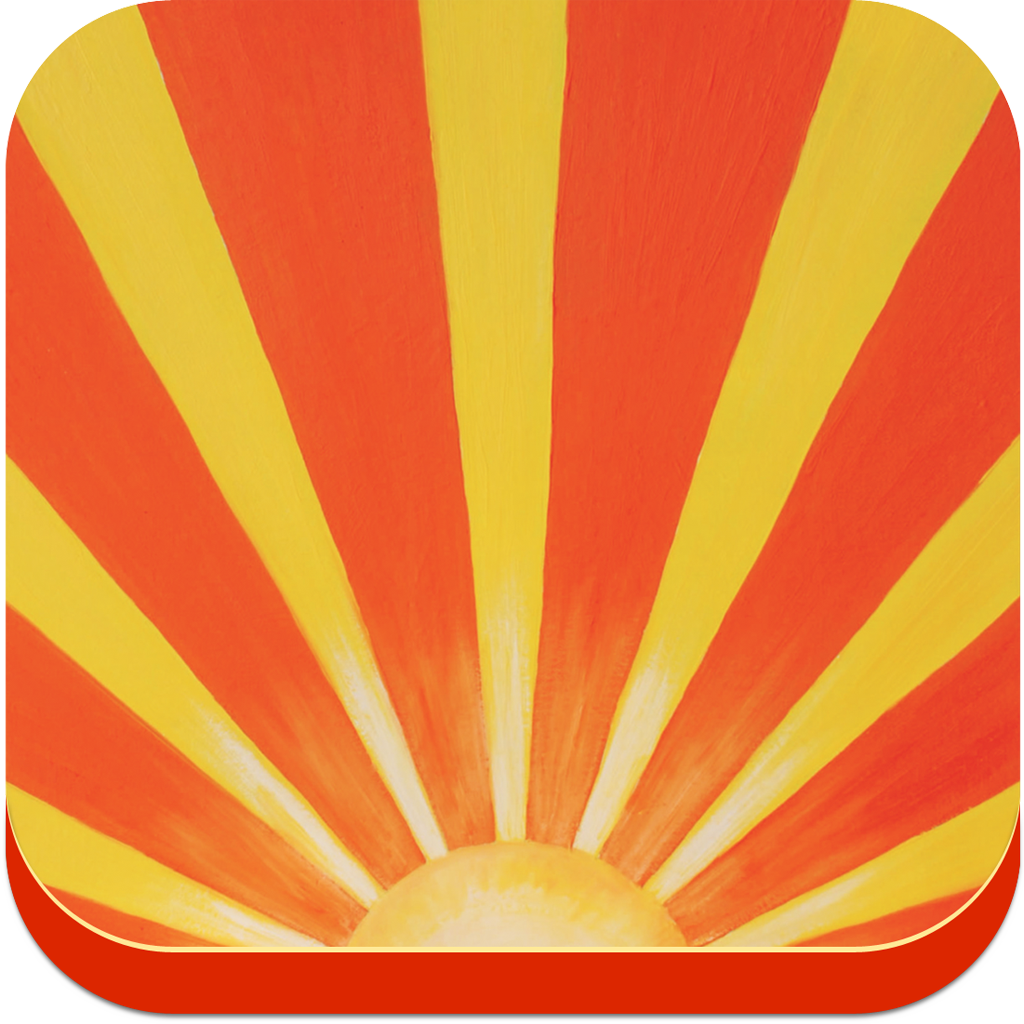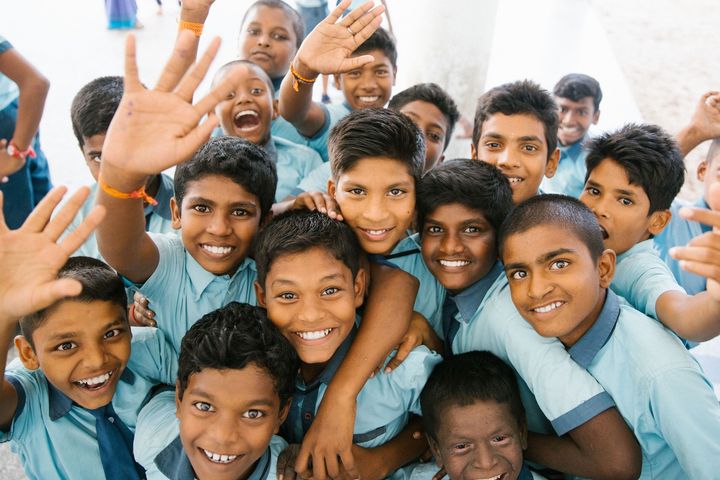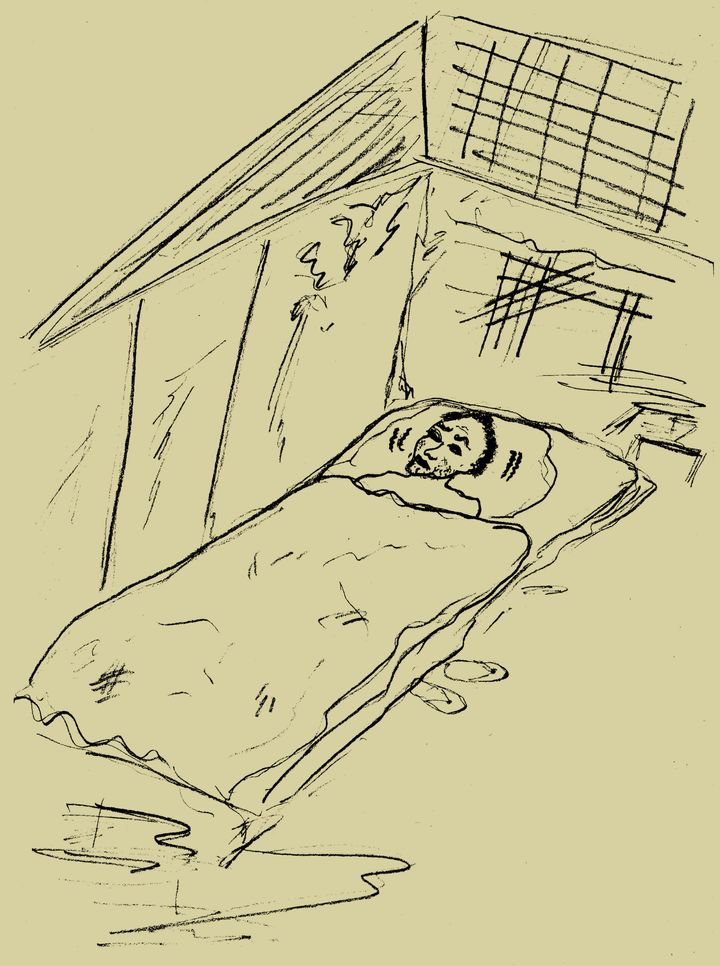The Skeleton

A man was walking along the bank of the river near Varanasi. The sand was clean and soft. The sun shone brightly and the sand glistened like gold. All day the man walked. Towards evening he was tired and sat down to rest on the sand. He heard a voice, “Hello, my friend!” He looked around and saw no one. He brushed aside the thought thinking that it must be just the wind. A minute later the voice said, “Hello, Raghavan!” Raghavan was startled, he looked around. There was no one. “Who is it?” he asked in a scared voice. “It’s me, come here, come near me.” Raghavan repeated, “Who is it? Where are you?” He then realized that there was a skeleton lying behind the bushes and the voice was coming from it. He was too scared to go near it, but the voice beckoned him again and again. “Come closer. I am your friend, ‘Viru’. We played together in the streets when we were children. I came to Varanasi and settled here. Some months back I drowned in the river. My body was later washed ashore by the waves. I still hover around it for I loved it so much.” Raghavan was petrified. He stuttered, “Who, who, who are you?”
“I am Viru, I just told you. When we were little boys, we played football together. Sometimes you used to visit my house and sometimes I used to come to yours. Now you don’t want to come near me. Now you don’t want to hug me or play with me. I too used to adorn my fingers with gold rings. I too used to wear a gold wristwatch. I too had expensive silk clothes to wear. I too took pains to look after my body. That is all over now. Just this bundle of bones is left. No one wants to touch the body that I nurtured with so much care. The vultures have pecked at my body and torn away all the flesh. My eyes too were not spared. I was totally helpless. I could not protect my body from being eaten away by them.”
Raghavan looked at his own hands bedecked with rings and a heavy gold bracelet. His expensive wrist watch caught the moonlight as if trying to tell him that his time too could be running out. He looked at his spotless white silken kurta and gold edged dhoti. He looked at his feet fitted snugly into gold embroidered slippers and became conscious of the crisp white cap on his head. “Why am I wasting my time, to adorn this body, if it is not going to last?” he thought to himself.
Yes, most of us think such things, at some time or the other; most often when we attend someone’s cremation. But before the thought registers in the mind, we push it out. Surely, we need to take care of the body, for it is a vehicle given to us to cross over from this world to the kingdom of God. But, until we realize that it is just a vehicle and needs only so much attention as is required for its daily upkeep, wear and tear, we just continue to be unduly attached to it.
Let us identify ourselves to be the soul, within. That is why we say, ‘My head hurts, we never say ‘I hurt’ when a headache occurs. But we do say, ‘I prayed’ and not ‘My brain prayed’. We say, ‘I love God’ and not ‘My body loves God.’
Baba says, You say, ‘my hand, ‘my foot’, just as you say, ‘my watch’, ‘my shoe’; but, yet feel you are the body. Examine the reality of the body, and escape from this false identification – that is the hall-mark of Jnaana (wisdom). The ‘I’ that sees, experiences, feels, knows – that ‘I’ is the Paramaathma (Supreme Soul)!
Think about this. Who are you? Are you the skeleton inside you or the soul therein?



Comments ()